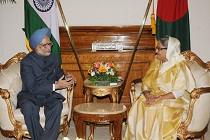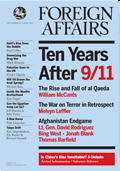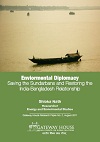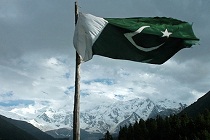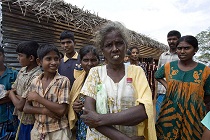9/11: India, still waiting for peace
India's security concerns seem to grow weaker by the year. The dangerous political polarity, a paralysed ruling coalition, a fractured opposition, a popular distaste for a corrupt polity and complicit bureaucracy, and a slowing economy, has handicapped any progress towards this issue.



